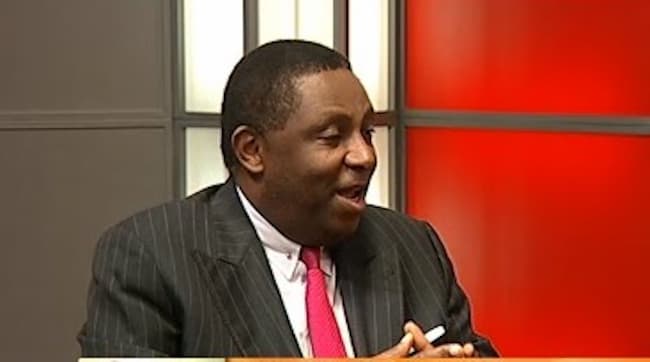The Chief Executive Officer (CEO) of CFG Advisory, Tilewa Adebajo, has identified the payment of subsidy as one of Nigeria’s “biggest political problems”, describing it as not sustainable.
He said this on the Morning Show aired on the Arise News Channel and called for the removal of subsidies.
Adebajo alluded to the future impact of rising fuel prices on subsidies as noted by the Nigerian National Petroleum Corporation (NNPC).
He said, “The subsidy issue in Nigeria is one of the biggest political problems we have had. Unfortunately, the problem has been politicised, because if you remember clearly, the same set of people who are in government today were the one who were protesting against subsidy removal by the last government.
“But obviously, we can see that the subsidy is not sustainable. You saw the NNPC GMD complaining about the rising prices of fuel and how that is going to impact subsidies.
“The NNPC itself has said it can no longer sustain its remittances into the Federation Account because it has to pay for these subsidies, and the higher the petroleum prices go up, the more the NNPC would have to put aside for subsidies and the less that is going to not only the federal government but the state governments.
READ ALSO: Aba Traders Lament Hurdles In Importation From China
“So, we are getting ourselves into this vicious cycle and it’s clear that one of the reforms, one of the key structural reforms we need to make is removal of the subsidy.
“And to re-enforce this, I think the President’s economic management team has also made that recommendation for subsidy because it’s clearly, it’s no longer sustainable.”
Speaking further, Adebajo said that subsidies had a negative impact on the country’s economy, as it has tailspinned into a towering debt trap.
Adebajo stated, “So, that needs to be scrapped and the power sector reforms need to be put in place so that the distribution companies can make the necessary investment to make the grid more efficient.
“Subsidies are detrimental to the economy and we have a situation whereby government is spending 90 per cent of its revenues to service debts. Clearly, we are into a debt trap and a vicious cycle that is no longer sustainable.
“So, it’s important that the government drops this subsidy so that it can have significant revenue to be able to fund its operations on a day-to-day basis. Because it is clear that the government is finding it difficult to right-size.
“So, that for me, is a no-brainer, it’s not something that we should talk about and it’s important that we ginger up the political will to get that done.”












